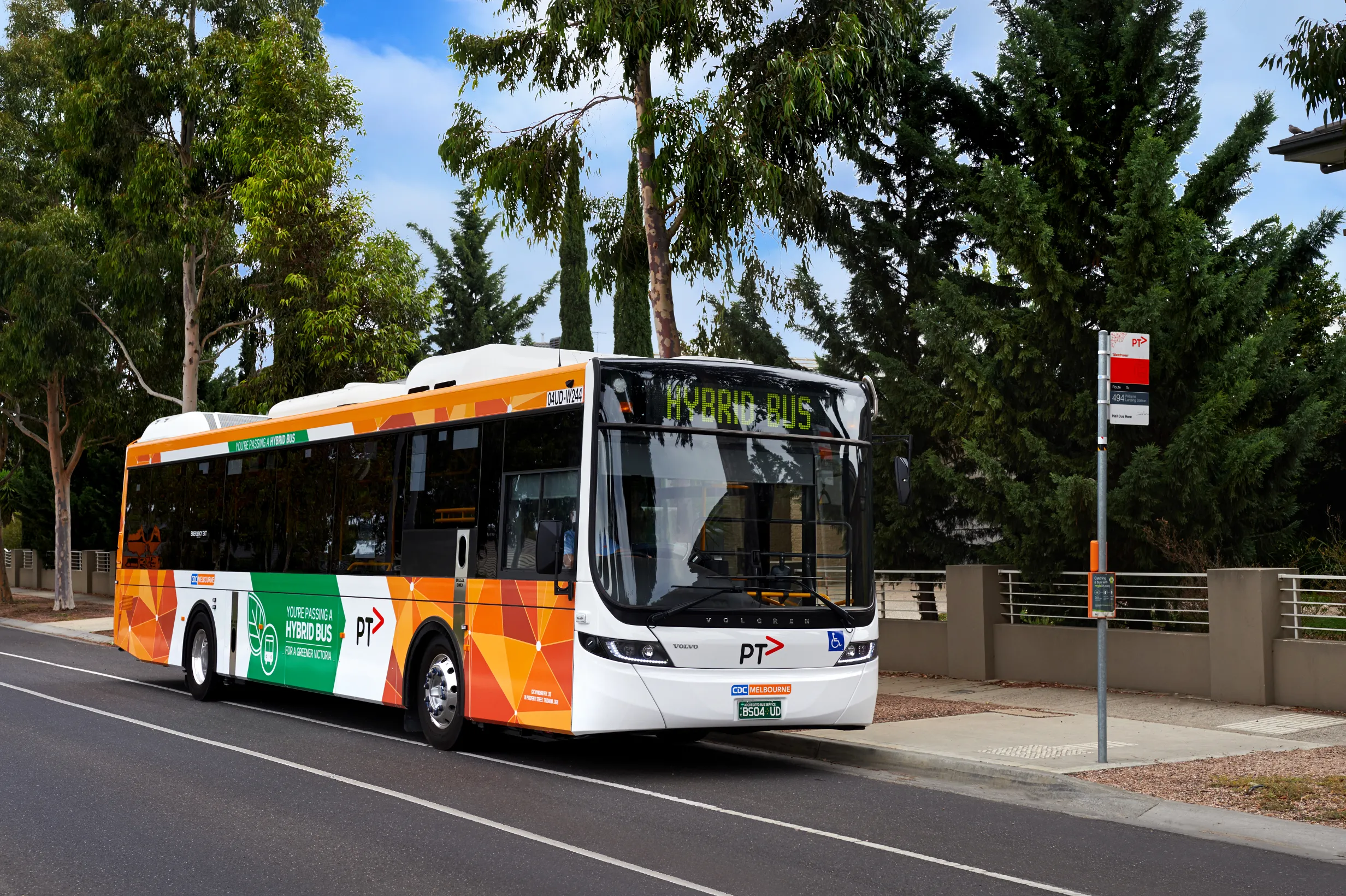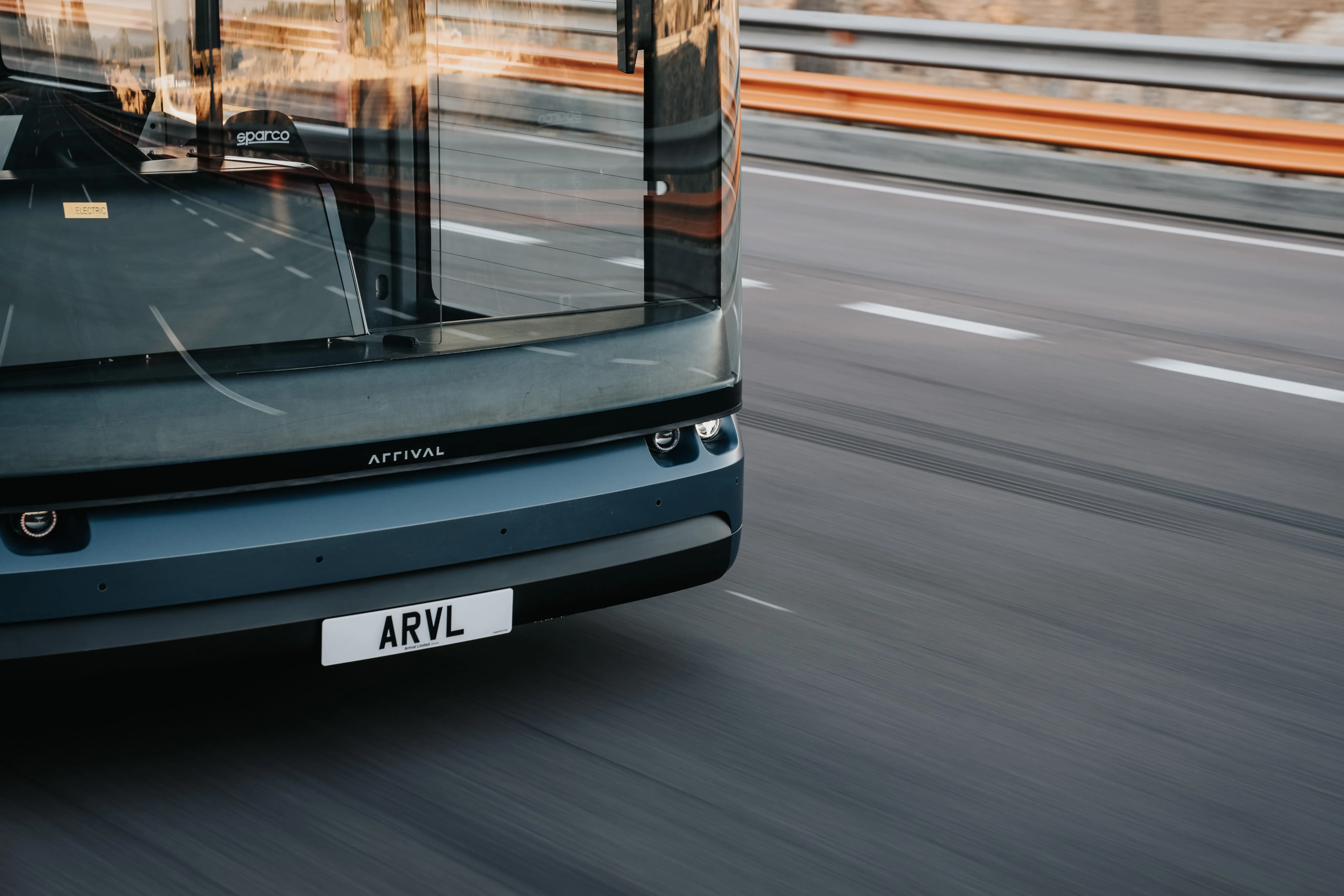ComfortDelGro Australia has secured a ‘green’ loan from OCBC Bank to finance a fleet of 50 hybrid buses in the state of Victoria.
By Ben Spencer
February 24, 2020
Read time: 1 min

The manufacturer says each bus features a Volvo Paralell Hybrid driveline which reduces nitrogen oxide and particulate matter by up to 50% and lowers fuel consumption by up to 39% in mixed traffic.
Elaine Lam, head of global corporate banking at OCBC, says: “We hope this green loan by ComfortDelGro sends a positive message to encourage peer industry players to take steps to support sustainable urban development through green financing options.”
Delivery of the hybrid buses has already started with the last batch expected in mid-2022.









